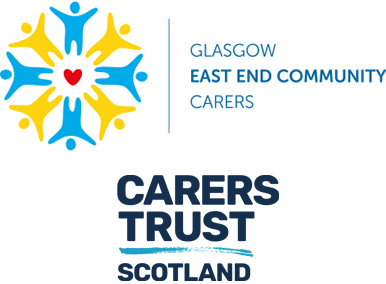BLUE BADGE / DISABILITY PARKING
HOW TO APPLY AND CHECKLIST
The Blue Badge scheme helps those with severe mobility problems who have difficulty using public transport to park close to where they need to go. Government has changed the way of assessing who gets a Blue Badge to make the process clearer and align it with wider disability benefit reforms.
The Blue Badge is available for people who have severe mobility problems which mean that they are unable/virtually unable to walk, registered blind or in Scotland, to those who have a recognised mental or cognitive disorder which means that they no awareness of traffic outside and might present a danger to themselves or others. It is available to both adults over 16 and children over 2 (or 3 depending on the condition) The Blue Badge allows you to park free in restricted areas for any length of time. It should only be used when the person with the disability is in the car or you will risk having it withdrawn.
- There are two routes to qualification: automatic and with further assessment. To qualify automatically you must:
- Be in receipt of the DLA mobility component at the higher rate.
- Receive Personal Independence Payment with a score of 8 points for ‘Moving Around’ or 12 points for ‘Planning and Following journeys.
- Receive a War Pensioner’s Mobility Supplement
- Have receive an Armed Forces Compensation Scheme payment due to mobility problems.
Discretionary criteria: Even if you do not qualify automatically, you can still apply for a Blue Badge providing that:
You have a permanent disability that means you find walking very difficult.
- You have a temporary but substantial disability which is like to last between 12 months and 3 years
- Drive regularly and a severe disability in both arms
- You have a diagnosed mental disorder or cognitive impairment which means that you have no awareness of traffic and are likely to compromise your own safety, or that of others. Conditions can be, but are not limited to, Autism or Dementia. You must also be in receipt of DLA care component at the middle or higher rate, Attendance Allowance at either rate, or PIP daily living where you have been awarded at least 8 points from the following descriptors:
- Communicating verbally
- Reading and understanding signs, symbols and words
- Engaging with other people face to face
In addition, you must produce proof of your condition from a medical professional.
You can access the Blue Badge / Disabled Parking forms here:
Alternatively, you may call Glasgow City Council direct to request an application on 0141 287 4578 For some applications you will require the input of an organisation, such as the Carers Hub. Before your appointment with us, please make sure you have looked out the following checklist here
At present, you cannot apply under the diagnosed mental or cognitive impairment criteria as you are required to send in supportive information in writing.
Please make sure you have the following information to hand at your Blue Badge appointment:
Proof of Identity is required. You do not necessarily have to bring this to the appointment, but you will need to produce it for Glasgow City Council. They will require to see either the original or a certified copy, which means it must be signed by someone who has known you for over 2 years and is not a member or your family.
- Birth certificate
- Valid driving licence
- Passport
You will also need to provide the following:
- National Insurance Number
- Recent passport sized photo
- Contact details (telephone number and email address)
Proof of Address is required. You can provide:
- Council Tax bill with your name and address, dated within the last 12 months. Alternatively, give consent for Glasgow City Council to check your details on the Council Tax register.
Evidence of your condition. You need to either:
- Provide a letter of entitlement to the higher rate of the mobility component of the Disability Living Allowance, issued within the last twelve months
- Provide your latest PIP decision letter showing the date that your award ends, plus the statement of entitlement that shows the points scored in each category. If the letter is dated more than 12 months ago then we also need your annual uprating letter that shows what you are receiving now
- Provide a letter of entitlement to the War Pensioner’s Mobility Supplement to your local authority.
- The Service Personnel and Veterans Agency (SPVA) will have issued you with a letter confirming the level of your award under the Armed Forces and Reserve Forces (Compensation) Scheme
For those who are applicants who do not qualify automatically i.e. people applying under the further assessment route, you will need to bring the following with you:
- Names of relevant medical professionals
- Dates and times of clinics and recent medical appointments
- Medication names and doses
- Any diagnostic reports (e.g. Autism diagnosis)


